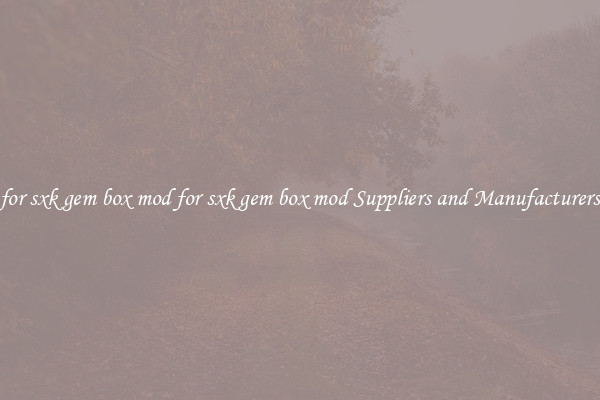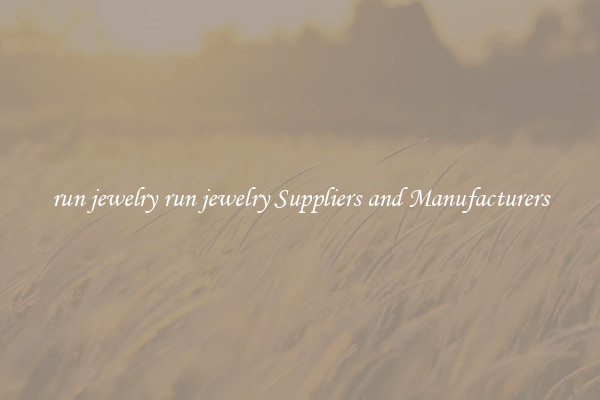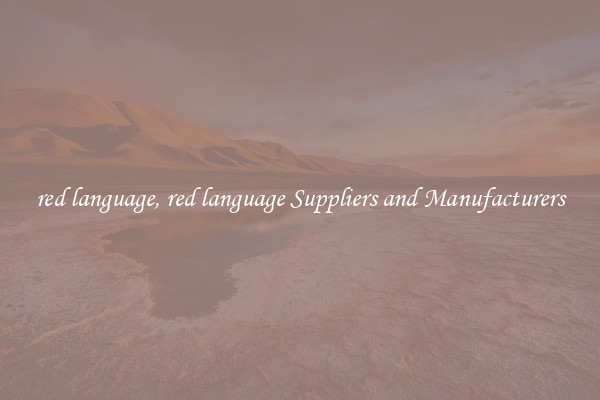rosh and sgs rosh and sgs Suppliers and Manufacturers
When it comes to ensuring the safety and quality of products, two key certifications that manufacturers and suppliers look for are RoHS and SGS. These certifications demonstrate that a product meets strict standards for materials and production processes, giving consumers confidence in the products they are purchasing.

RoHS, or the Restriction of Hazardous Substances Directive, is a regulation put in place by the European Union to restrict the use of certain hazardous substances in electrical and electronic equipment. This directive aims to protect human health and the environment by reducing the amount of toxic materials that can be found in consumer products. To obtain RoHS certification, manufacturers must demonstrate that their products do not contain substances such as lead, mercury, cadmium, and hexavalent chromium above specified levels.
Similarly, SGS, or Société Générale de Surveillance, is a global certification company that provides inspection, verification, testing, and certification services to ensure the quality, safety, and compliance of products. SGS certification is highly regarded in the industry as a mark of quality and safety, and can help manufacturers and suppliers gain a competitive edge in the market.
Both RoHS and SGS certifications are important for manufacturers and suppliers looking to demonstrate their commitment to producing safe, high-quality products. By obtaining these certifications, companies can assure customers that their products meet stringent standards for materials and production processes, giving them peace of mind when making a purchase.
Furthermore, having RoHS and SGS certifications can also open up new markets for manufacturers and suppliers, as many countries and regions require products to meet these standards before they can be sold. By investing in obtaining these certifications, companies can position themselves as leaders in their industry and attract more customers who value safety and quality in the products they purchase.
In conclusion, RoHS and SGS certifications are essential for manufacturers and suppliers looking to demonstrate their commitment to producing safe and high-quality products. By obtaining these certifications, companies can show consumers that their products meet strict standards for materials and production processes, giving them confidence in the products they are purchasing. Investing in these certifications can also open up new markets and opportunities for companies looking to expand their reach and grow their business.
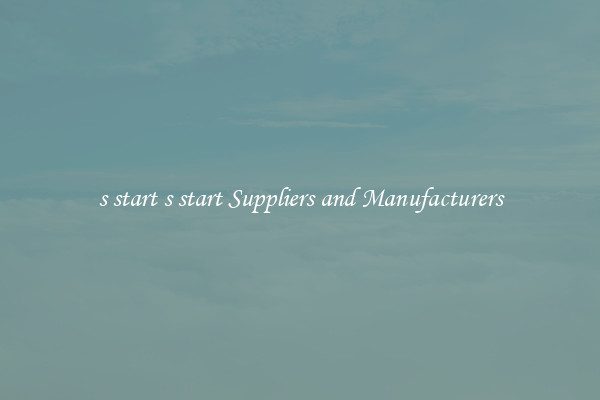
View details
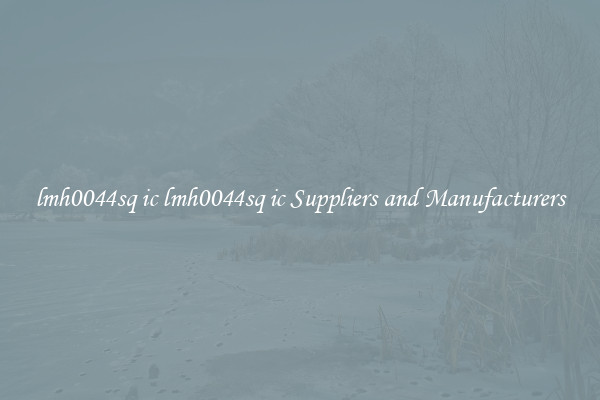
View details

View details

View details
